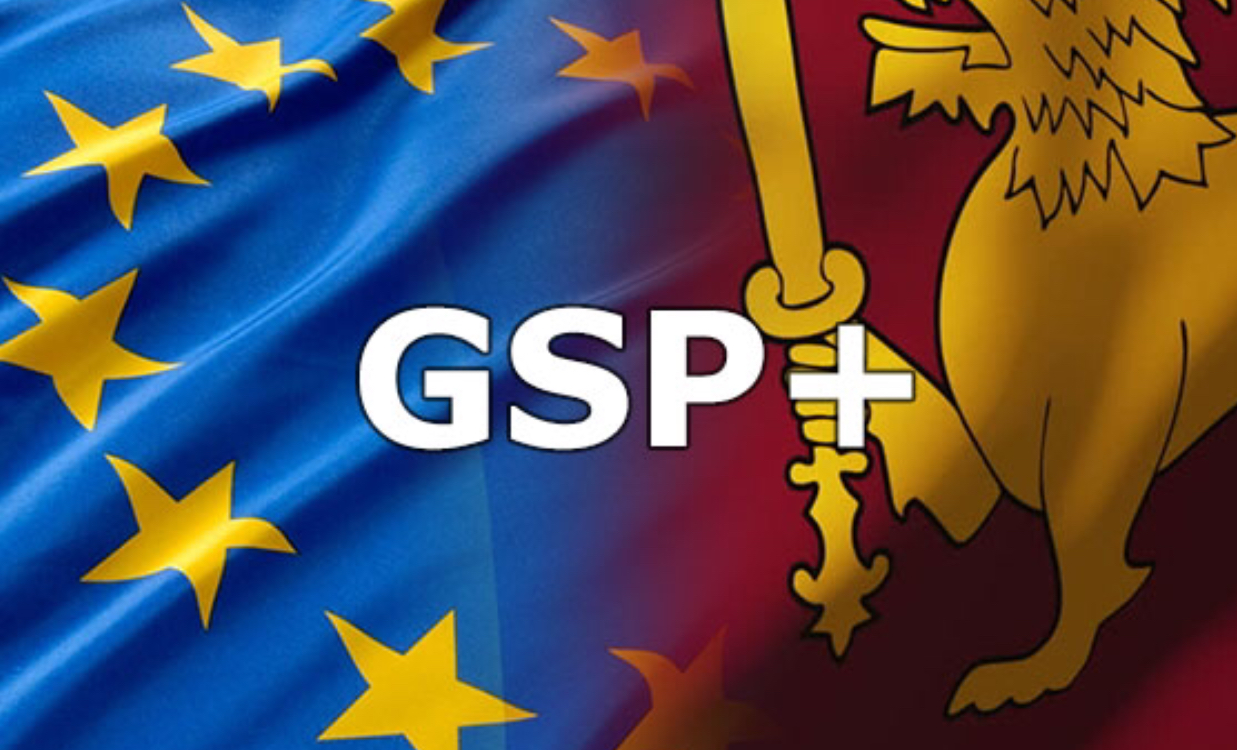The European Union Parliament in a resolution adopted has called upon the Sri Lankan government to repeal the Prevention of Terrorism act from the statute book.
The EU in it resolution underlines that the GSP+ scheme offered to Sri Lanka has made a significant contribution to the country’s economy, from which exports to the EU have increased to EUR 2.3 billion, making the EU Sri Lanka’s second-largest export market.
The resolution highlights the ongoing monitoring of Sri Lanka’s eligibility for GSP+ status and stresses that the continuance of GSP+ trade preferences is not automatic; calls on the Commission and the European External Action Service (EEAS) to take into due account current events when assessing Sri Lanka’s eligibility for GSP+ status.
Further the reolution calls on the Commission and the EEAS to use the GSP+ as a leverage to push for advancement on Sri Lanka’s human rights obligations and demand the repeal or replacement of the PTA, to carefully assess whether there is sufficient reason, as a last resort, to initiate a procedure for the temporary withdrawal of Sri Lanka’s GSP+ status and the benefits that come with it, and to report to Parliament on this matter as soon as possible.
The resolution was carried forward with 628 for the resolution while only15 vote against there had been 40 abstentions.
The resolution noted that the human rights situation in Sri Lanka has been steadily deteriorating, with the new government rapidly backtracking on the limited progress achieved under previous administrations; whereas the space in which civil society and an independent media can operate in the country is rapidly shrinking;
It has further added that the Government of Sri Lanka issued Regulations No. 01 of 2021 on 9 March 2021, expanding the PTA and, inter alia, allowing for two years of detention without trial for causing ‘religious, racial, or communal disharmony’;
The resolution has also mentioned about arbitrary arrests under PTA stating that the PTA has been systematically used for arbitrary arrests and the detention of Muslims and minority groups in Sri Lanka, including Ahnaf Jazeem, a 26-year-old Muslim teacher and poet, and Hejaaz Hizbullah, a well-known lawyer for minority rights and the rule of law;
It states that on 19 May 2017 Sri Lanka regained access to generous tariff preferences under the GSP+, on the condition that it replaces its PTA and effectively implements 27 international conventions, including human rights conventions; whereas the European Union has repeatedly expressed concern over the PTA and noted Sri Lanka’s failure to repeal the act despite its commitment to doing so;
On top of theses the resolution states that on the 20th October 2020 the Sri Lankan Parliament passed the 20th Amendment to the Constitution, reinforcing the executive presidency;
The EU resolution further states thus
“Nearly 12 years on from the end of the war, domestic initiatives for accountability and reconciliation have repeatedly failed to produce results, thus more deeply entrenching impunity and exacerbating victims’ distrust in the system;
There are clear signs of the accelerating militarisation of civilian government functions in Sri Lanka; and since 2020, at least 28 serving or former military and intelligence personnel were appointed to key administrative posts; those appointments include at least two seniormilitary officials who were implicated in UN reports in alleged war crimes and crimes against humanity during the final years of the conflict.
Many suspects in police custody as well as inmates in Sri Lankan prison complexes have been killed; the most recent cases include deaths in police custody in May 2021; 11 inmates at Mahara prison were killed and 117 others injured when guards opened fire to control a riot over COVID-19 conditions in November 2020”.
The EU also expresses deep concern over Sri Lanka’s alarming path towards the recurrence of grave human rights violations as described by the most recent UN report on the country, which lists among the early warning signs the accelerating militarisation of civilian governmental functions, the reversal of important constitutional safeguards, political obstruction of accountability, exclusionary rhetoric, intimidation of civil society, and the use of anti-terrorism laws;
They also reiterate strong opposition to the continued application of the current PTA; calls on the Sri Lankan authorities to fulfil their pledge to review and repeal the act and replace it with anti-terrorism legislation which adheres to international best practices; further calls for the immediate suspension of the deradicalisationregulations;
The EU also points out that Regulations No. 01 of 2021 do not provide for procedural guarantees for any person deprived of their liberty as laid down in Article 9 of the International Covenant on Civil and Political Rights, and that they violate Sri Lanka’s own constitutional guarantees under Article 13 of the Sri Lankan Constitution; recalls that de–radicalisation, rehabilitation and reintegration centres, which are regulated under similar legislation, have in the past been rife with serious human rights violations such as torture and other ill-treatment, including sexual and gender-based violence;
The resolution has expressed grave concern about the arbitrary arrests and detention under the PTA without due process and access to justice, including for civil society activists, lawyers, writers and poets such as HejaazHizbullah and Ahnaf Jazeem; notes with concern the detention of Shani Abeysekara, the former director of the Criminal Investigation Department; urges the Government of Sri Lanka to immediately give those detained a fair trial on valid charges and, if there are no charges, to release them unconditionally;
It notes that the adoption of the 20th Amendment to the Constitution and expresses serious concern about the resulting decline in judiciary independence, the reduction of parliamentary control, and the excessive accumulation of power with the presidency;
The EU meanwhile noted with concern the Government of Sri Lanka’s recent proposal to enact a new law on disinformation despite concerns raised by civil society organisationsabout the threats such a law could pose to the freedom of expression; urges online platforms to take proactive steps to moderate the circulation of hate speech and disinformation online in the Sinhalese and Tamil languages;





